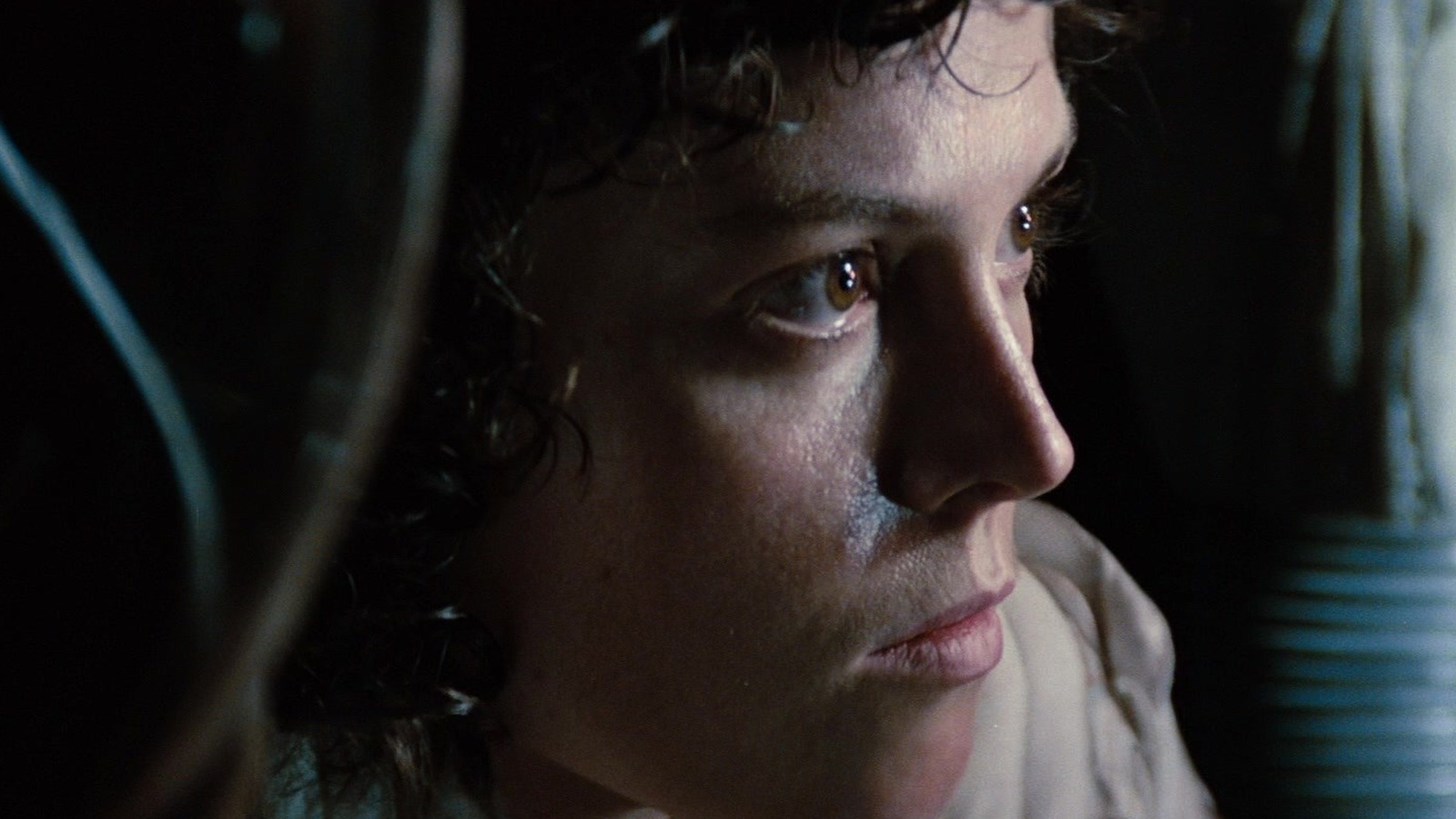“Alien,” which emerged as a genre classic as soon as it burst onto the scene in 1979. Ellen Ripley (Sigourney Weaver) has redefined our understanding of what “final girl” stands for, etching a portrait of level-headed bravery and fearless compassion like never before. After Ripley manages to escape into the shuttle with the Nostromo’s resident cat, Jones, in the movie’s climax, we are lulled into a false sense of security, as is reflected in the fact that Ripley starts undressing and getting ready for stasis. However, the worst isn’t over, as she sees the Xenomorph curled up among the pipes, leading to a nail-biting sequence where she quietly steps into her spacesuit, ready to engage. What ensues is a tense, violent confrontation, but Ripley manages to kick the creature out of the shuttle and blast it into oblivion.
This hard-earned catharsis is one of the many reasons why “Alien” is so memorable. When Ripley anxiously hums to herself while gearing up for battle with such a formidable enemy, we share her white-knuckle fear and desperately root for her to win. Ripley’s heroism, however, isn’t all guts and firepower; she chooses to defend herself despite being scared out of her mind, actively fighting for survival in a situation nobody in the Nostromo’s crew was prepared for. Ripley’s hardened will to persist carries over to the sequel “Aliens” and beyond; regardless of what you think about Ripley’s arc, she is a complex protagonist who also serves as the blueprint for women characters who can hold their own without being reduced to trite stereotypes.
While the ending of “Alien” is an empowering one, Stephen King seemingly disagrees (or did at one point). King touched upon the film’s conclusion in his 1981 book, “Danse Macabre,” in relation to a discussion about horror in mainstream literature and cinema (via Collider). Although King praised “Alien” for its artistry, he criticized the end of the movie, calling it “sexist.” Here’s what the author said.


